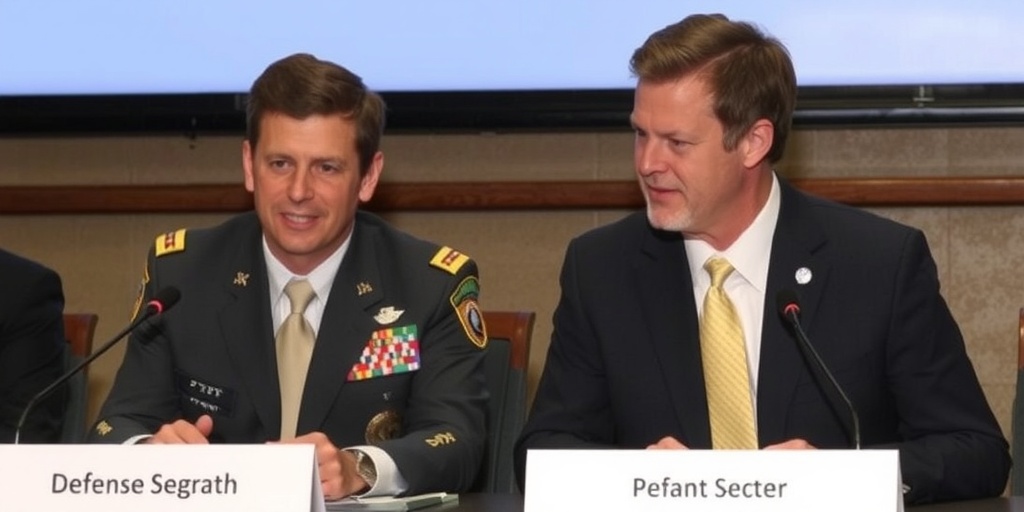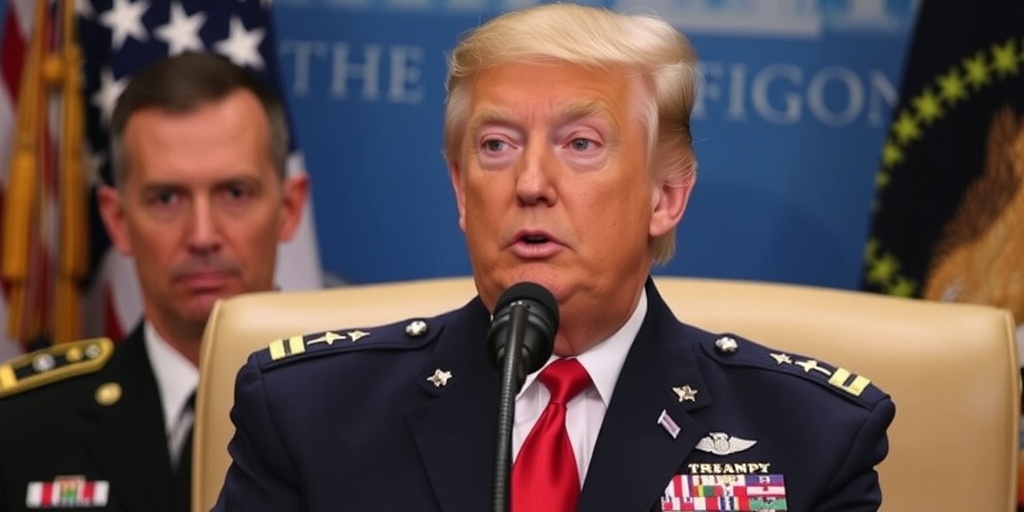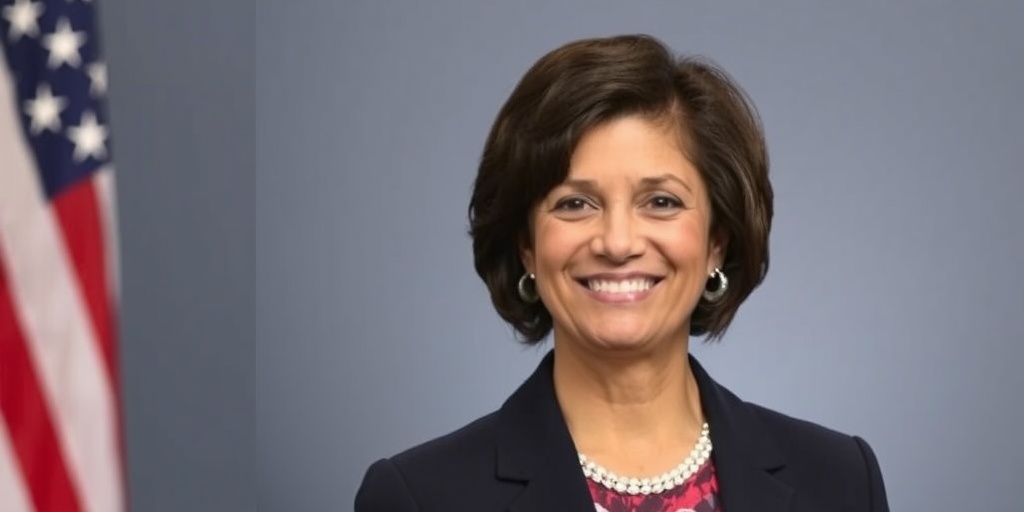Now Reading: Defense Secretary Hegseth Joins Sept. 11 Case Debate
-
01
Defense Secretary Hegseth Joins Sept. 11 Case Debate
Defense Secretary Hegseth Joins Sept. 11 Case Debate

Defense Secretary Pete Hegseth Comments on Khalid Shaikh Mohammed During Guantánamo Visit
During a visit to the U.S. naval base at Guantánamo Bay, Cuba, Defense Secretary Pete Hegseth provided his insights on Khalid Shaikh Mohammed, the alleged mastermind behind the September 11, 2001, terrorist attacks. Hegseth’s remarks, aired on the Fox News network, reflect not only his personal views but also underscore the ongoing legal complexities surrounding Mohammed’s case.
Hegseth described Mohammed as looking “fine” and asserted that he deserved the death penalty, expressing hope that “he finds justice soon.” These comments have stirred further attention in a case that has lingered in the courts as a federal appeals court assesses whether Mohammed’s plea deal can be accepted, potentially resulting in a life sentence rather than a trial that would lead to execution. The comments come at a time when the legal proceedings against Mohammed, who has been detained at Guantánamo since 2006, remain fraught with complications and contradictions.
Mohammed is notably accused of orchestrating the hijackings that resulted in nearly 3,000 deaths across New York City, Pennsylvania, and the Pentagon. The details of the case are murky, especially since Mohammed has previously been subjected to torture techniques, including waterboarding, during his detention by the CIA. Hegseth’s recent comments reflect an approach that aligns with that of his predecessor, Lloyd Austin, indicating a consistent view from the current defense leadership regarding the accused’s fate.
Hegseth’s visit and comments arrived shortly after a federal appeals court began deliberating on Mohammed’s plea deal, which includes provisions that would see him waive future appeals and maintain confidentiality regarding the secret aspects of his torture in exchange for a life sentence. It marks a significant moment in a series of legal back-and-forths, as Austin had attempted to void the deal shortly after it was signed, but military courts ruled his actions as too late to invalidate it.
As the defense secretary, Hegseth has now taken ownership of military commission proceedings, including Mohammed’s case. The decision on whether the plea agreement will be accepted is expected to be determined in upcoming court sessions, with the next scheduled court appearance for Mohammed set for April 23, following Ramadan.
The implications of Hegseth’s statements extend beyond mere rhetoric. They could potentially serve as evidence for defense attorneys in similar cases, particularly for Ammar al-Baluchi, another individual charged in connection with the September 11 attacks, whose legal team already argues that political interference is compromising the integrity of the judicial process. Al-Baluchi has not agreed to a plea deal and is seeking to have his case dismissed based on claims of undue influence from government officials.
In addition to Mohammed’s case, Hegseth holds the authority to negotiate plea agreements in other high-profile cases stemming from the War on Terror, including that of Abd al-Rahim al-Nashiri, accused of orchestrating the 2000 bombing of the U.S.S. Cole, an attack that killed 17 American servicemen. Al-Nashiri’s defense team is requesting a suspension of all court proceedings for more than a year, citing similar arguments of political interference.
Hegseth’s previous experience as a Fox commentator has shaped his views on detainee rights and the legal protections afforded to them. His call for expedited military commissions reflects a long-standing belief that individuals detained on terrorism charges should face swifter justice. His statements highlight a broader narrative surrounding the United States’ approach to handling suspects associated with terrorist acts, especially those held at military detention facilities like Guantánamo Bay.
As the United States navigates the complex intersection of national security, justice, and human rights, the future of Mohammed’s case remains uncertain. The ongoing legal battles not only affect Mohammed but potentially set precedents that could influence the treatment of numerous other detainees. Hegseth’s recent comments, therefore, resonate deeply within the larger context of the military commission system, sparking both debate and concern regarding the implications of political rhetoric in the realm of justice and the rule of law. The attention surrounding this case guarantees it will remain in the public eye, as advocates argue for fairness and accountability in the judicial process for all involved.
Stay Informed With the Latest & Most Important News
Previous Post
Next Post
-
 01New technology breakthrough has everyone talking right now
01New technology breakthrough has everyone talking right now -
 02Unbelievable life hack everyone needs to try today
02Unbelievable life hack everyone needs to try today -
 03Fascinating discovery found buried deep beneath the ocean
03Fascinating discovery found buried deep beneath the ocean -
 04Man invents genius device that solves everyday problems
04Man invents genius device that solves everyday problems -
 05Shocking discovery that changes what we know forever
05Shocking discovery that changes what we know forever -
 06Internet goes wild over celebrity’s unexpected fashion choice
06Internet goes wild over celebrity’s unexpected fashion choice -
 07Rare animal sighting stuns scientists and wildlife lovers
07Rare animal sighting stuns scientists and wildlife lovers




















